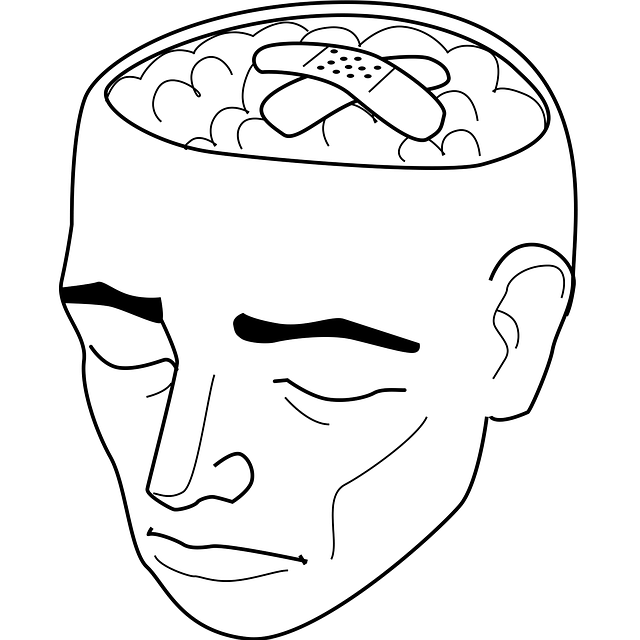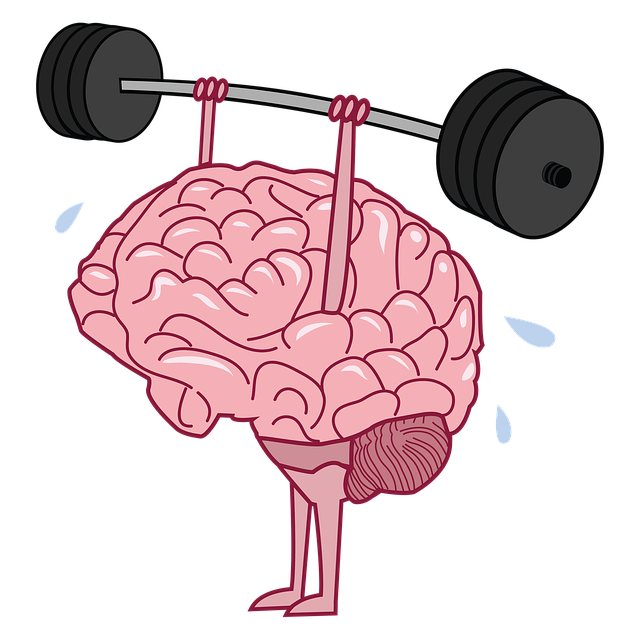Lakewood EMDR Certified Therapy is a cutting-edge mental wellness approach using Eye Movement Desensitization and Reprocessing (EMDR) to process traumatic memories, reducing associated distress. Evaluating its effectiveness involves a blend of quantitative techniques like structured questionnaires and qualitative methods like in-depth interviews, tracking attendance and client feedback. This mixed-methods approach offers a holistic view, ensuring measurable improvements aligned with subjective experiences, crucial for tailored care and stigma reduction in mental health services.
Mental wellness program evaluation is a multifaceted process crucial for assessing the effectiveness of interventions. This article explores various methods, with a focus on Lakewood EMDR Certified Therapy as a robust foundation. We delve into quantitative assessment techniques, leveraging metrics and measures to track progress. Additionally, qualitative research methods, including client feedback and interviews, are scrutinized for uncovering nuanced insights. The mixed methods approach is showcased as an integrative strategy, combining both quantitative and qualitative data for comprehensive program evaluation.
- Understanding Lakewood EMDR Certified Therapy: A Foundation for Effective Program Evaluation
- Quantitative Assessment Techniques: Metrics and Measures for Mental Wellness Programs
- Qualitative Research Methods: Unlocking Insights through Client Feedback and Interviews
- Mixed Methods Approach: Integrating Quantitative and Qualitative Data for Comprehensive Program Evaluation
Understanding Lakewood EMDR Certified Therapy: A Foundation for Effective Program Evaluation

Lakewood EMDR Certified Therapy is a specialized approach that has revolutionized mental wellness coaching programs development. This therapeutic method leverages Eye Movement Desensitization and Reprocessing (EMDR) to help individuals process traumatic memories and emotions, fostering positive thinking and overall mental wellness. By integrating evidence-based crisis intervention guidance with EMDR, therapists can effectively evaluate and address complex emotional issues.
The foundation of Lakewood EMDR Certified Therapy lies in its ability to facilitate deep psychological changes. Through bilateral stimulation, typically through side-to-side eye movements, therapists guide clients to reprocess traumatic events, reducing their intensity and associated distress. This process allows for the development of healthier coping mechanisms, enhanced emotional regulation skills, and improved overall mental wellness. Evaluating program effectiveness within this framework requires measuring client progress in these key areas, ensuring that the intervention aligns with and contributes to the desired positive shifts in mental health outcomes.
Quantitative Assessment Techniques: Metrics and Measures for Mental Wellness Programs

Quantitative assessment techniques play a pivotal role in evaluating the effectiveness of mental wellness programs, particularly in renowned centers like Lakewood EMDR Certified Therapy. Metrics and measures are essential tools to gauge progress, track improvements, and identify areas for enhancement. These methods involve structured questionnaires, scales, and surveys designed to capture data related to various aspects of mental health and well-being. For instance, assessing symptoms of depression or anxiety through validated scales provides concrete numbers that allow professionals to measure the impact of interventions over time.
One effective quantitative approach is utilizing self-report measures where participants rate their symptoms, mood states, and overall functioning. These tools can include standardized questionnaires such as the Patient Health Questionnaire (PHQ-9) for depression screening or the Anxiety Scale for assessing anxiety levels. Additionally, tracking participant attendance, engagement in therapy sessions, and adherence to treatment protocols are quantitative indicators that contribute to a comprehensive evaluation. For trauma support services, risk management planning is crucial, incorporating these assessment techniques ensures the well-being of both clients and mental health professionals.
Qualitative Research Methods: Unlocking Insights through Client Feedback and Interviews

Qualitative Research Methods offer a powerful lens for evaluating mental wellness programs, particularly when paired with client feedback and in-depth interviews. This approach allows for an understanding of participants’ subjective experiences and perceptions, which can be invaluable in refining program effectiveness. Through open-ended questions tailored to individual journeys, therapists and researchers can uncover nuanced insights into the impact of treatments like Lakewood EMDR Certified Therapy on addressing issues such as burnout prevention.
By prioritizing cultural sensitivity in mental healthcare practice, these qualitative methods also facilitate exploration of how diverse clients experience and engage with programs. This is crucial for Mental Illness Stigma Reduction Efforts, as it ensures that services are tailored to meet the unique needs and perspectives of every individual, fostering inclusive care and enhanced therapeutic outcomes.
Mixed Methods Approach: Integrating Quantitative and Qualitative Data for Comprehensive Program Evaluation

Evaluating mental wellness programs requires a comprehensive approach that integrates both quantitative and qualitative data. This is where the Mixed Methods Approach comes into play, offering a powerful tool for understanding program effectiveness. By combining statistical analysis of quantitative data with in-depth exploration of qualitative insights, researchers can gain a holistic view of participants’ experiences and outcomes.
For instance, a study utilizing this approach might involve administering standardized questionnaires to measure symptoms of anxiety and depression alongside conducting semi-structured interviews to uncover participants’ perceptions of the program’s impact on their daily lives. This integration allows for a more nuanced understanding of mental wellness, especially when examining complex interventions like Lakewood EMDR Certified Therapy or Mental Health Education Programs Design. The qualitative data can shed light on the mechanisms behind observed changes, while quantitative data provides measurable evidence of program success in terms of reducing symptoms and improving overall mental wellness, incorporating practices such as Compassion Cultivation.












